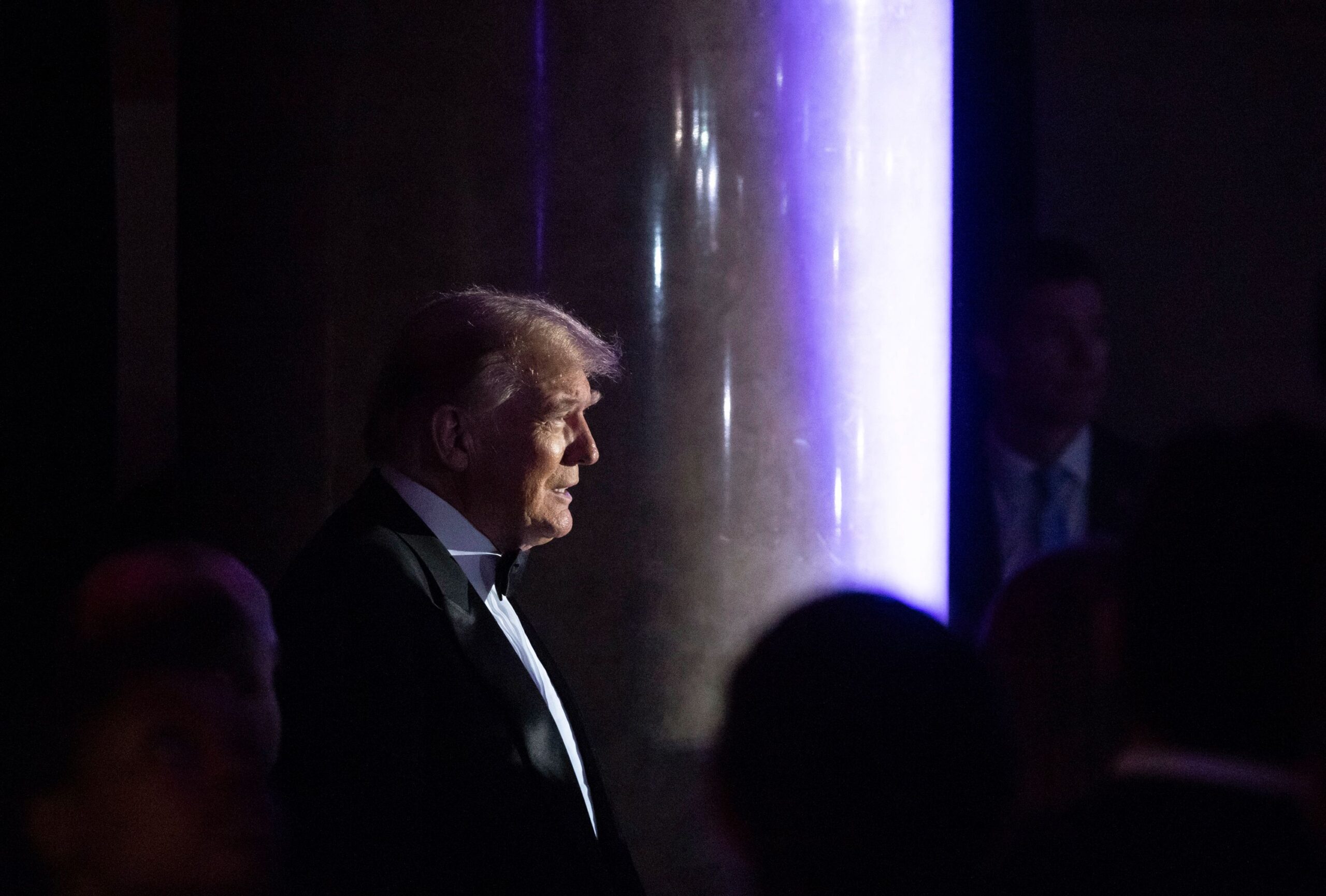The upcoming presidential election is set to become deeply entwined with former President Donald Trump’s legal troubles. His packed legal schedule is set to clash with the race to the Iowa caucuses in a fortnight. This unique intersection of the courtroom and campaign trail is set to cast a long shadow over an unprecedented White House race, dominated by Trump’s four impending criminal trials.
As the first votes of the Republican primary race are cast, the nation will once again be put to the test, challenging its unity, democracy, and legal institutions. Trump has made it clear that he would use a second term to retaliate against his political adversaries and potentially leverage presidential powers to evade accountability for his alleged attempts to overturn the 2020 election.
Depending on the timing of his trials, Trump, the GOP front-runner, could potentially run as a convicted felon in November, should he secure the nomination. As the primary season kicks off this month, a tight rematch between the former and current president is the most likely scenario for November, despite polls indicating most voters are against this.
Trump is eager to make a clear statement by winning Iowa, a feat he failed to achieve in 2016, marking the first step in an extraordinary political comeback. It’s been only three years since he left Washington in disgrace, refusing to accept the 2020 election results and inciting a mob that attacked the US Capitol in a shocking assault on democracy.
Now, Trump, who faces 91 criminal charges, is well positioned to become only the second ex-president after Grover Cleveland in 1892 to claim a non-consecutive second term that would send shockwaves across the country and the world.
The former president began the New Year with a fiery social media post filled with false claims about the 2020 election and baseless accusations that President Joe Biden had committed criminal acts. His enraged and defensive tone offers a glimpse into how Trump plans to conduct the 2024 presidential race and the national ordeal that lies ahead.
His actions following the last election are at the root of why this election is set to be so contentious and crucial to the nation’s future. Many of the multiple legal challenges he must deal with in the coming weeks stem from his false claims about a stolen election and desperate attempts to cling to power by defying the will of voters.
His political use of his legal predicament, including his claims that he’s being politically persecuted by the Biden administration, and his growing extremism will taint the political atmosphere leading up to the election. His promise to devote a second presidency to “retribution” against his enemies raises the prospect of another dark period in American politics.
While Trump faces criminal distractions in the US, Biden must tackle vexing domestic and foreign policy showdowns in the coming two weeks and beyond that have the capacity to define his year — and his hopes for a second term.
Trump’s legal problems are far from over. Fresh litigation is expected in the coming weeks and months ahead of the racketeering trial in Georgia in which Trump and associates are being called to account for alleged election meddling and in the federal case in Florida over his hoarding and alleged mishandling of classified documents.
The outcome of the appeals court action on Trump’s immunity claim will be especially important in establishing whether the current start date for his federal election interference trial will slip past March 4 – which is the day before Super Tuesday. This could then reshuffle the schedules of the other judges and will help determine whether Trump will actually face a criminal trial before November’s election.
Several other states have rejected similar efforts. But in the latest twist to the saga of the 14th Amendment, Maine’s Democratic Secretary of State Shenna Bellows announced her decision last week, although it’s paused to allow the former president to appeal.

